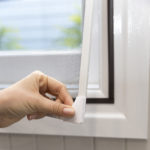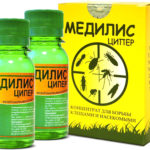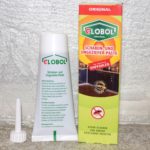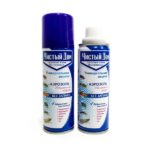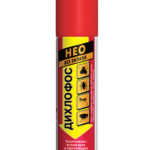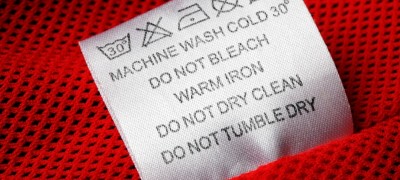How to get rid of centipedes in an apartment
The centipede in the house is one of the most unpleasant creatures. Meeting her is horrifying and disgusting. However, you are quite capable of getting rid of such an unwanted neighbor.
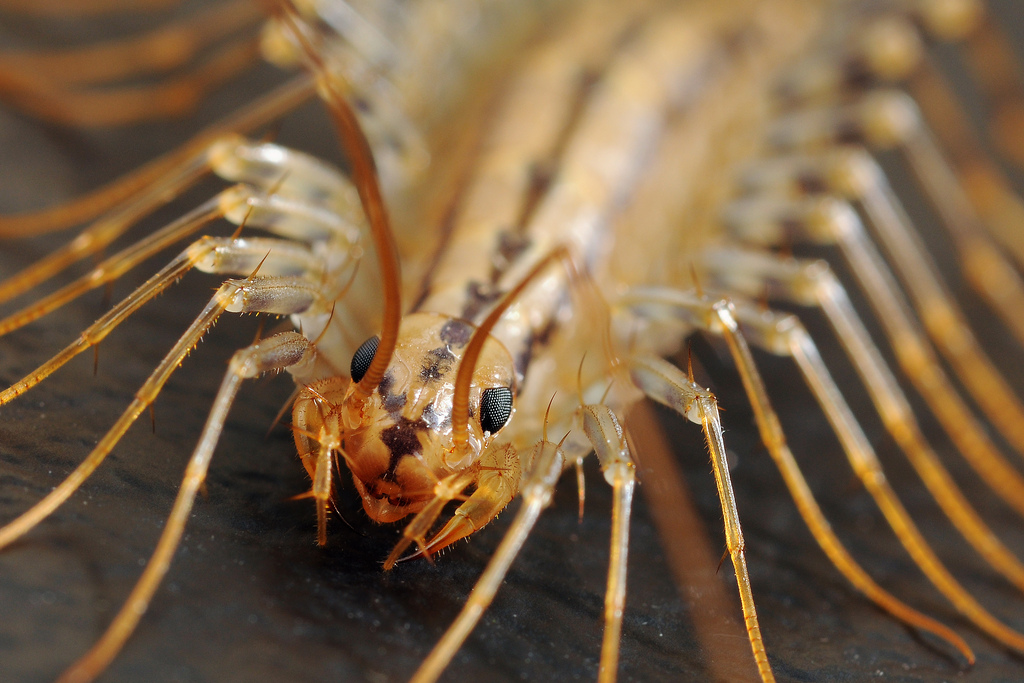
Meet the centipede!
As they say, you need to know the enemy by sight. Who is this centipede? It is a representative of arthropods, belongs to the order of millipedes. Someone thinks it is an insect, but this is not true. There are approximately 12,000 species of centipede found all over the world.
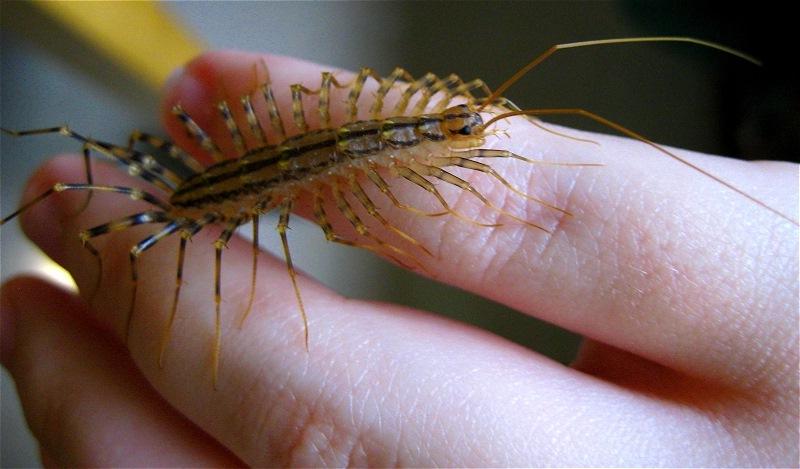
On the territory of Russia, the common flycatcher is most common, having a light brown color, reaching a length of 5 cm, with many legs and long antennae on the head. Each limb has a sharp claw, thanks to which the centipede moves calmly even along vertical planes.
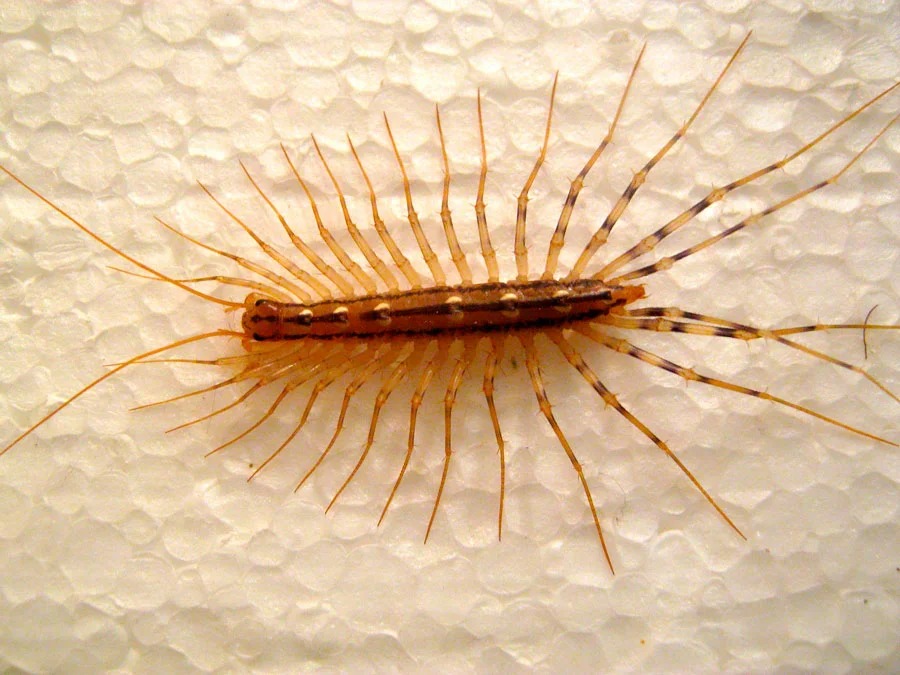
And in the southern regions you can find the "relative" of the common flycatcher - scolopendra. It is much larger in size, however, like a flycatcher, it is absolutely safe for humans, but unpleasant sensations when meeting it are guaranteed to you.
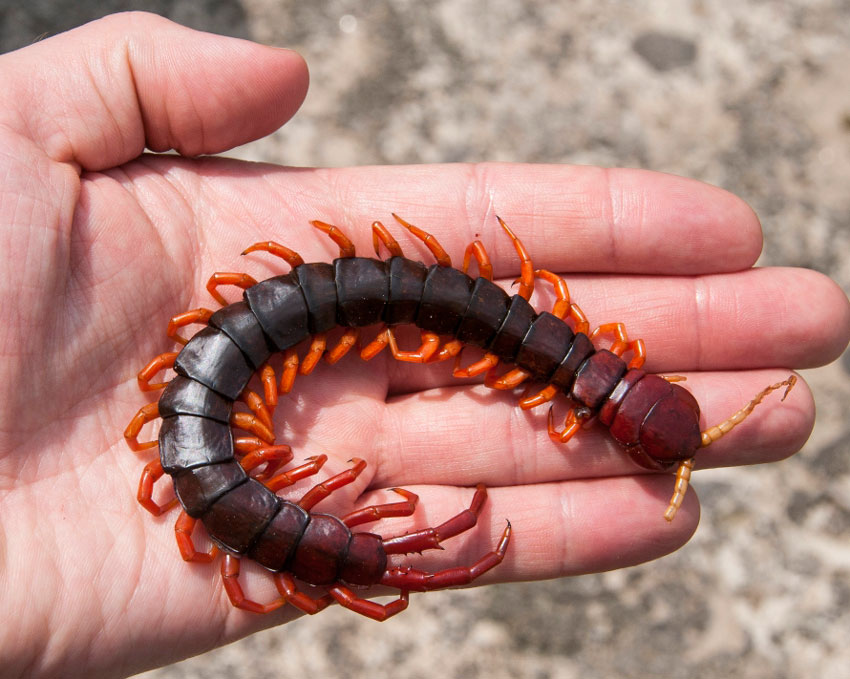
By the way, it is worth noting that this creature got the name "centipede" not because there are exactly 40 legs, but simply because there are many limbs.
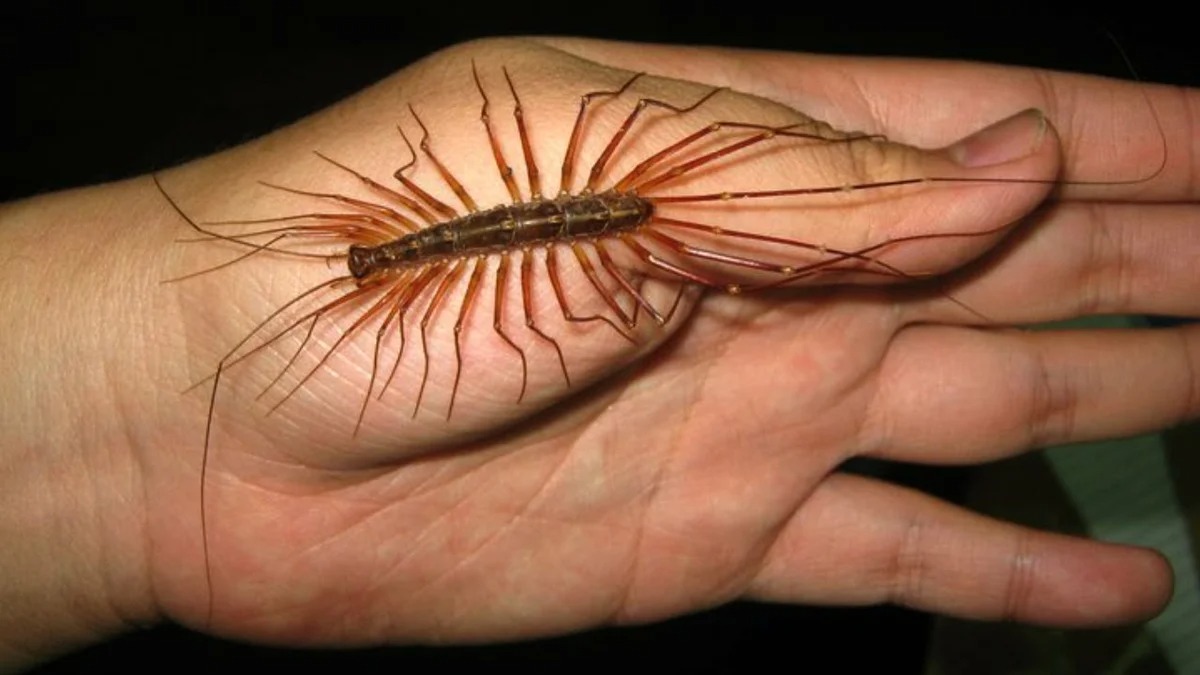
Reasons for the appearance
In their natural environment, centipedes live in humid places where there are many small insects for food. And in residential buildings, the "invasion" of flycatchers is observed in late autumn, when it gets cold outside, and these creatures have to look for shelter and food.
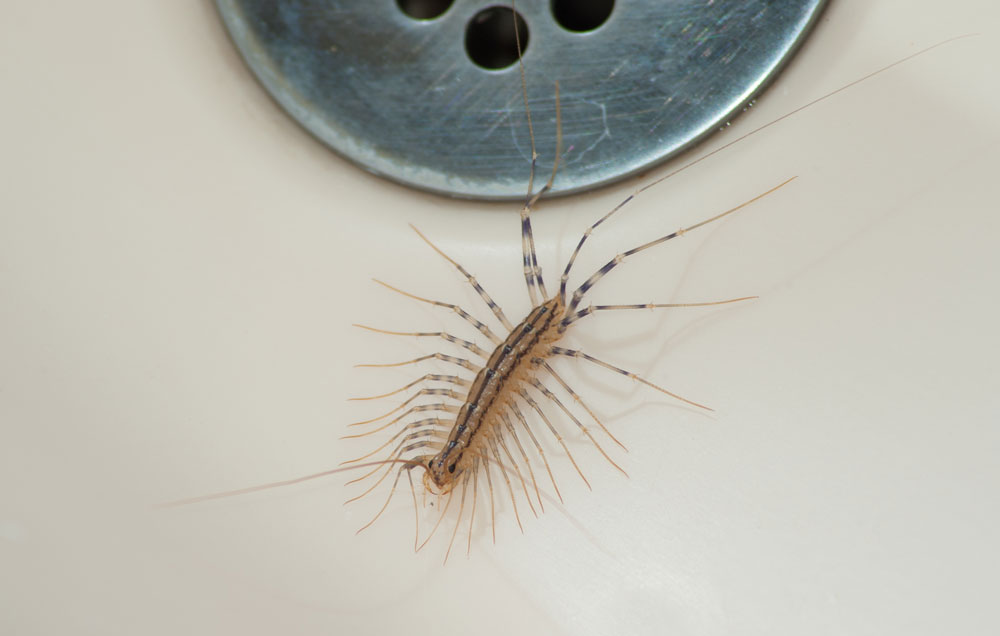
Through the cracks in the walls and ventilation ducts, centipedes easily make their way into apartments, even to the highest floors. Since moisture is vital for them, they most often settle in bathrooms or in the kitchen closer to the sink. And in private houses, basements and attics become their favorite habitat.
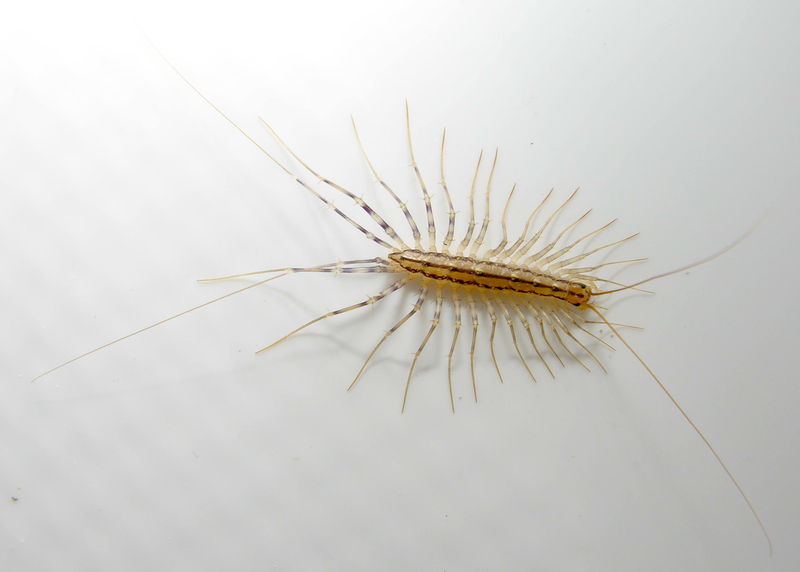
Flycatchers are nocturnal creatures, so it is almost impossible to notice them during the day. But when it gets dark, they go hunting and move around the apartment very quickly.
An interesting fact: a centipede can catch several insects with its paws.
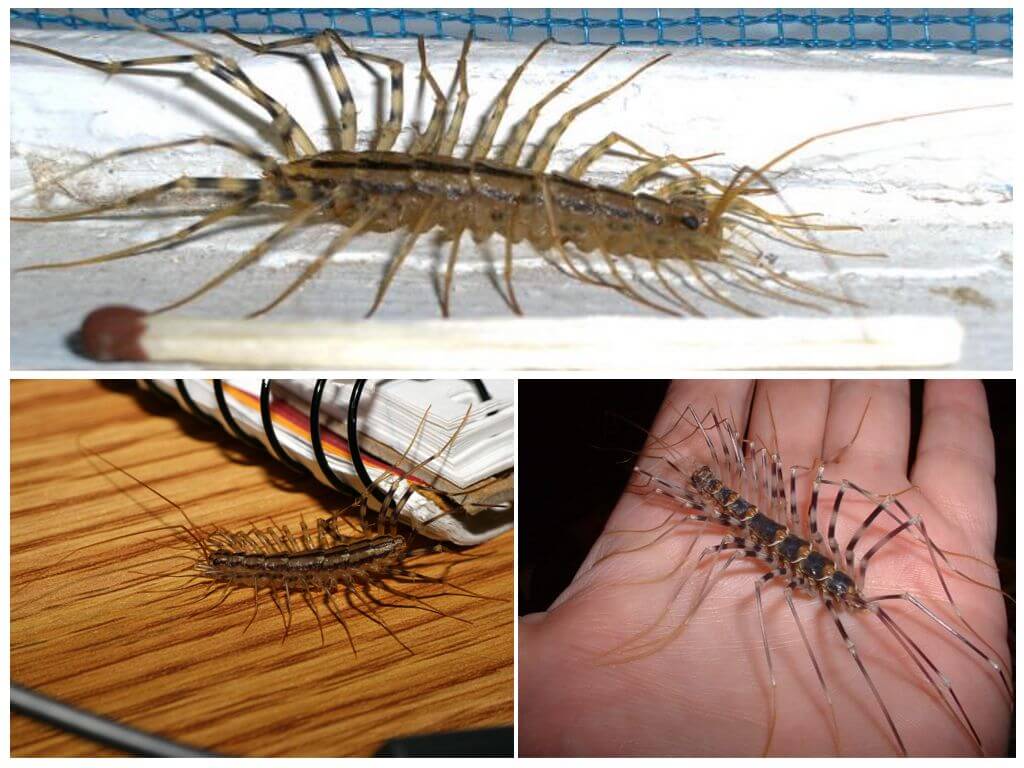
Getting rid of unwanted guests
First of all, in order to forget about the nightmare neighborhood, you will have to create unfavorable conditions for the life of centipedes. Remember, getting rid of unwanted neighbors can be very difficult, so to avoid serious problems, just remember to take preventive measures.
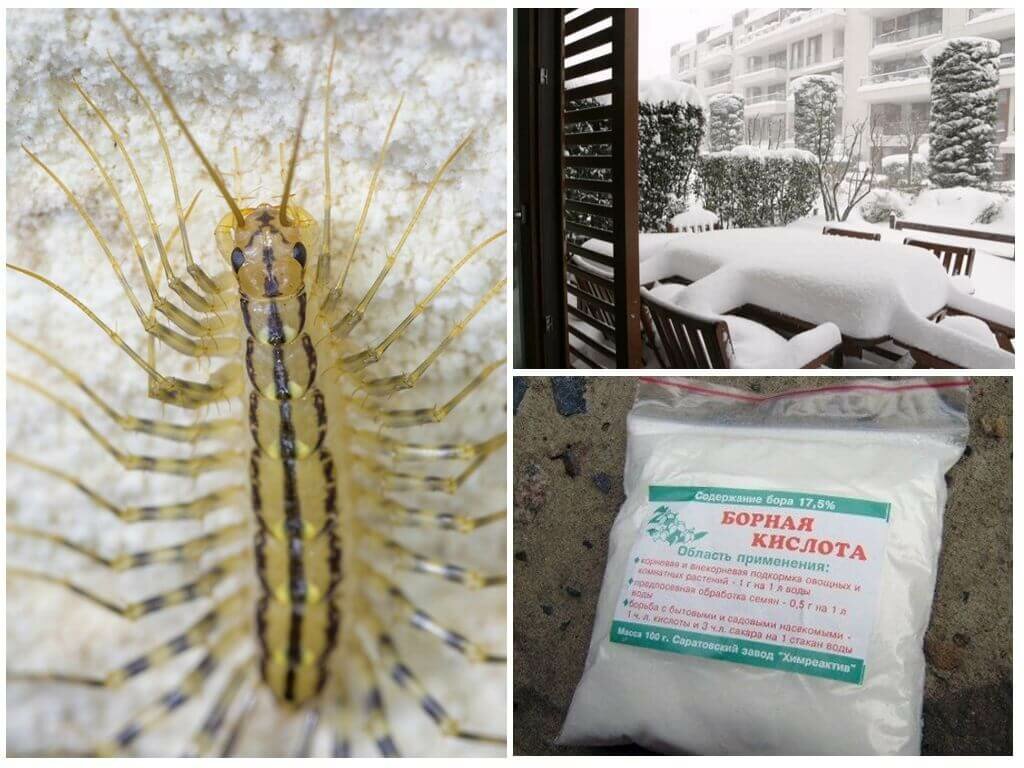
- Destroy all insects that can become food for centipedes: mosquitoes, cockroaches, ants, flies.
- Carefully inspect the corners and walls, close up all existing gaps so that parasites do not enter the house from the street.
- Be sure to install mosquito nets on the windows.
- Dry the room well, install a ventilation system and get rid of sources of high humidity. Purchase electric dehumidifiers if necessary. Without enough water, flycatchers die or leave in search of more favorable living conditions.
- Do general cleaning regularly, carefully inspect and wipe the most secluded corners (especially in the bathroom and toilet).
- Ventilate the room often.
- If you live in a private house, and you have a basement and an attic, do not leave them unattended. Periodically inspect these areas, clean them and ventilate them.
Chemicals
The most effective is the use of chemicals, aerosols or sprays. Before proceeding with the destruction of intruders, carefully read the instructions for use and follow them. Otherwise, you not only will not destroy the centipedes, but you can also harm your household or pets.
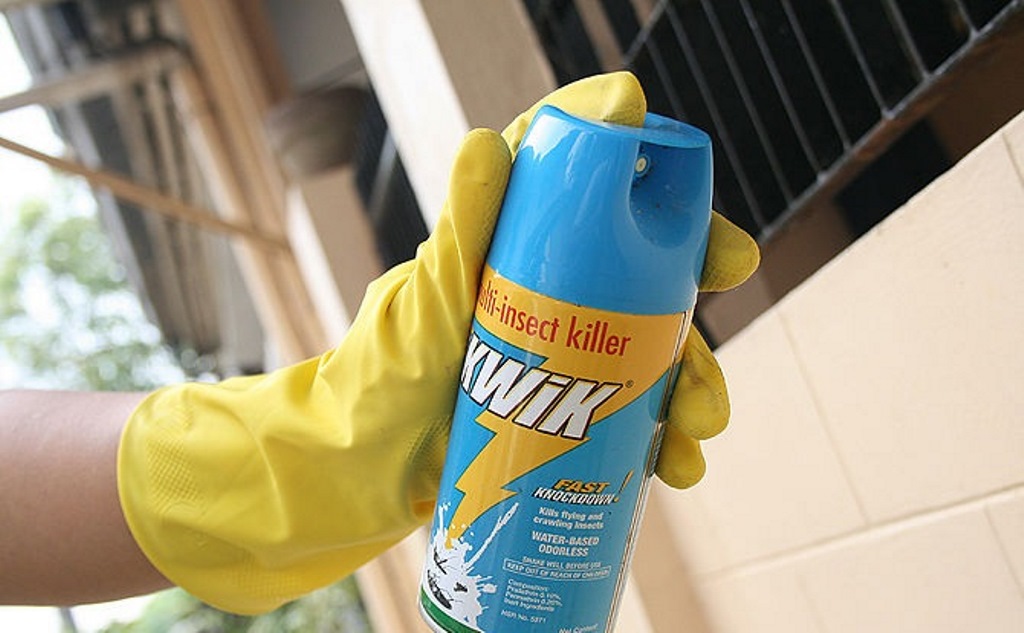
- Take all the recommended safety precautions: gloves, a respirator, and if necessary, a protective suit.
- Make sure that there are no children or pets in the room during processing.
- Close the foodstuffs tightly (or remove them from the room altogether), transfer the plants to another room.
- After processing the room, leave it closed for a while for the drug to "work".
- Then ventilate the area well and do a wet mop.
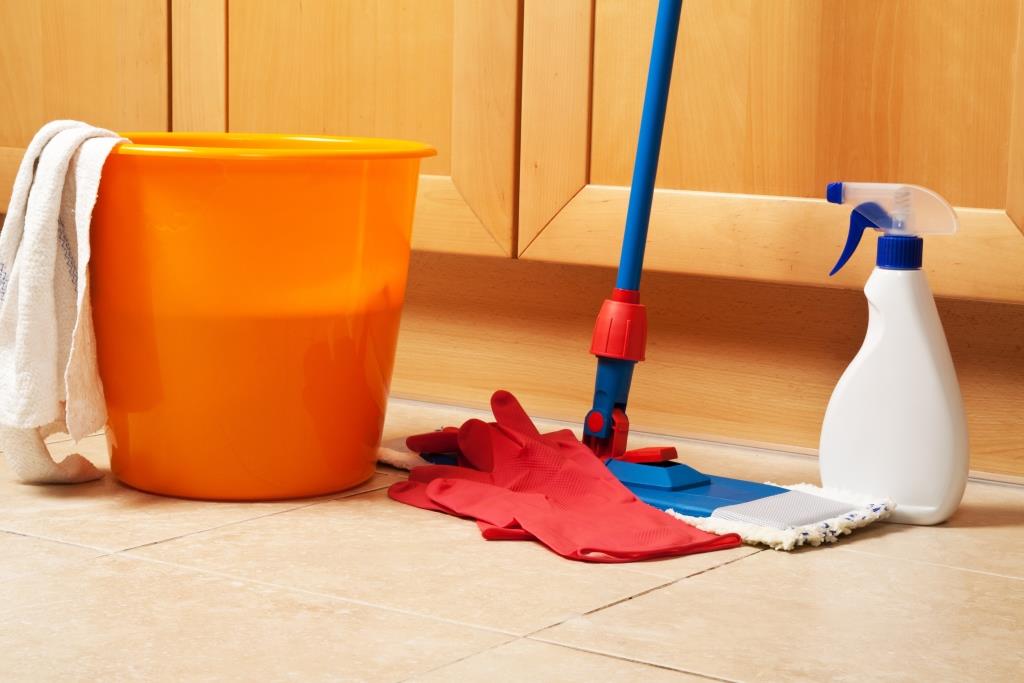
Important! Since centipedes are insect pests that feed on other insects, bait poisoning is often simply ineffective.
The following drugs are considered the most effective in the fight against millipedes:
- Medilis-Ziper. The toxic composition is produced in the form of an aerosol. It is sprayed on the habitats of parasites. The main advantage is that it is safe for pets.
- Globol Original. It is a toxic pasty agent that is used to combat various pests. It has a mild unpleasant odor, therefore it is used with caution in apartments with pets. The paste is applied around the perimeter of the room in a thin layer.
- Clean house. Affordable and fairly effective aerosol. It has a strong insecticidal effect. One bottle can be enough for two or three room treatments.
- Dichlorvos Neo. An improved version of a tool familiar from ancient times. It is odorless and deadly to centipedes. Works within two weeks after spraying.
- Raid. A fairly well-known agent, produced in aerosols, has a pleasant lavender scent. Valid for several days after processing. The main thing is to ventilate the room immediately after disinfestation so that it is safe to be in it.
Folk tricks
If for some reason you do not want (or cannot) use chemical agents, many years of folk experience will come to your aid. By the way, as practice shows, improvised means are in some cases even more effective. So the choice is yours.
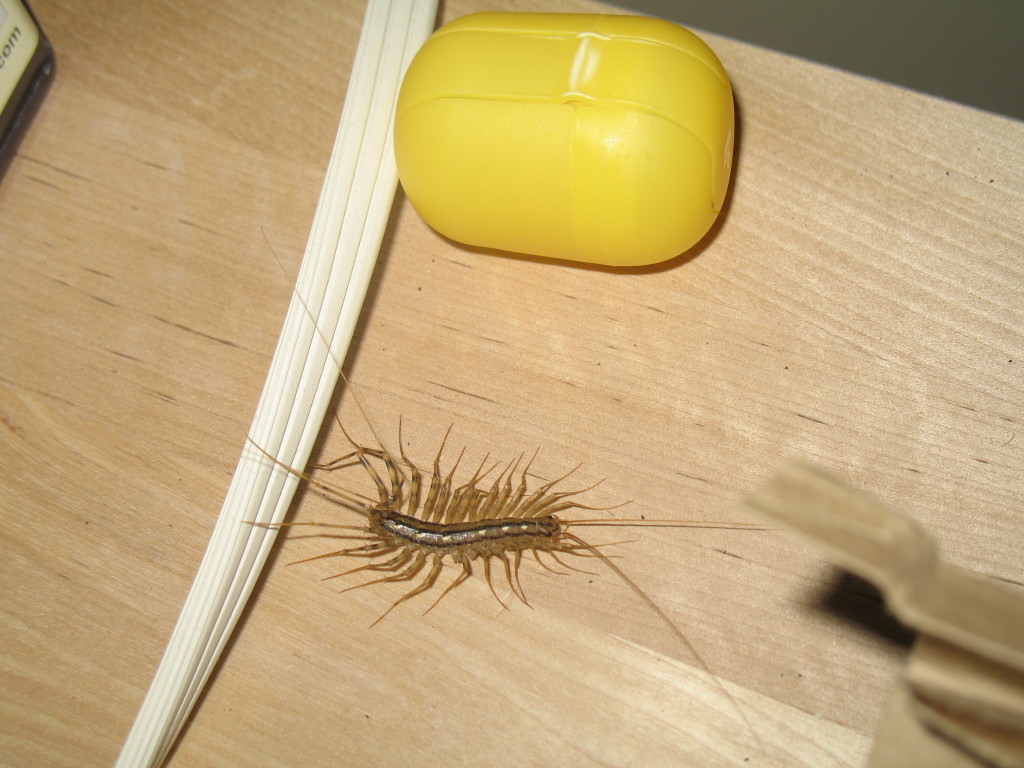
Boric acid. This tool is "loved" by many for its versatility and versatility, as well as for complete safety for people and pets. With its help, at one time, they very effectively got rid of cockroaches and other uninvited guests.To combat millipedes, boric acid is scattered under the baseboards in the bathroom and behind pipes, in places where parasites are likely to accumulate.

Another way is to use diatomaceous powder. The tool will also not harm you and your pets, but centipedes will not be good for it. Just scatter the powder over the likely habitat of the parasite.
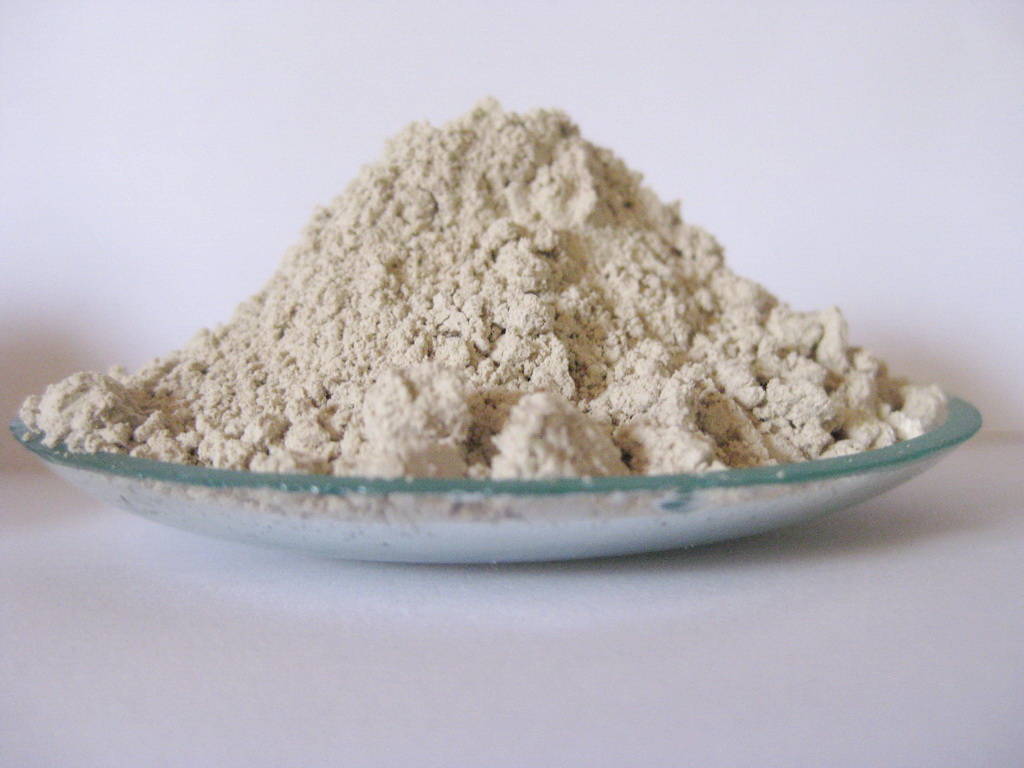
Older people will offer you another simple and effective way to get rid of the common flycatcher. This is the freezing of the house. For many years, this was the most effective way to get rid of intruders, absolutely safe for the owners of the house.
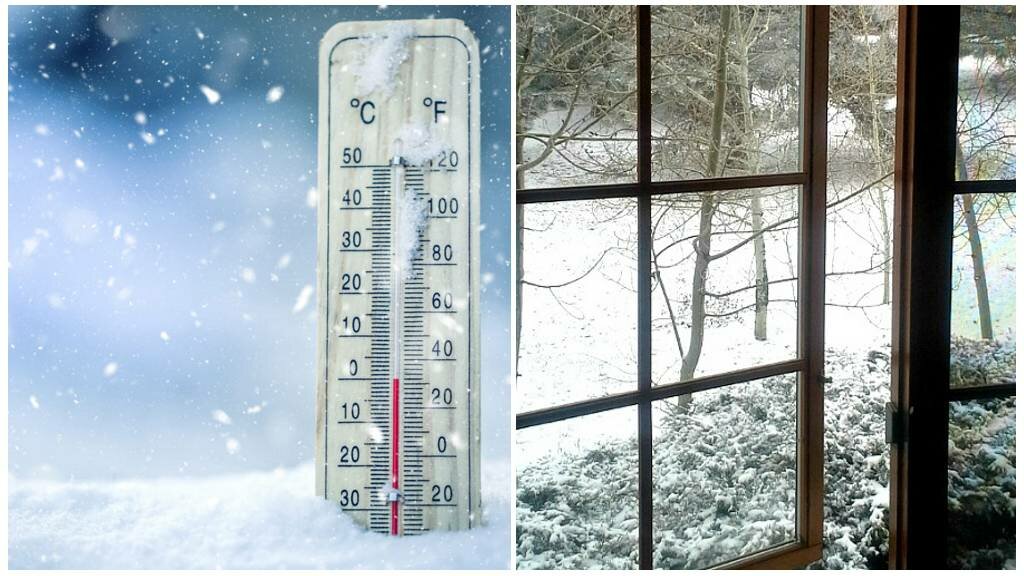
In winter, the house was left without heating for 2-3 days. At this time, they went to live with neighbors or relatives. In the house, not only centipedes perished, but all other pests as well. Unfortunately, today this method is only applicable to private houses.

It is obvious that it is possible to cope with centipedes. It doesn't matter what you choose: folk remedies or chemicals. And remember, it is better to avoid the problem than to solve it later.
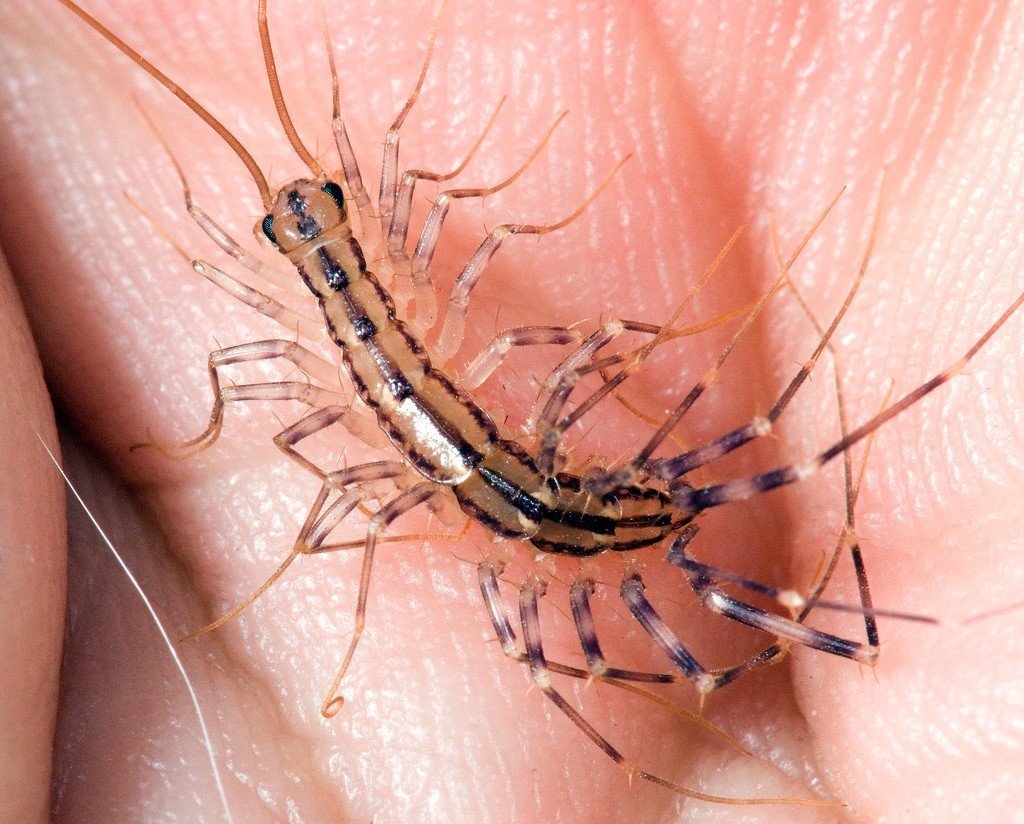
Video: 10 facts about the domestic centipede flycatcher
